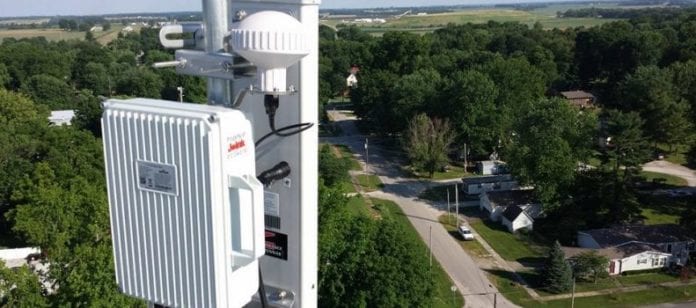One of the biggest challenges to scaling small cell deployments is variability in regulatory regimes–it’s difficult to establish a uniform process when the rules are different in every city in the country. To facilitate a speedier evolution to ultra-dense networks, the telecom industry and associated trade groups are lobbying governments to streamline the process.
Last week California Gov. Jerry Brown waited until the eleventh hour to announce that he would not sign legislation giving his state more authority over how local governments deal with applications for small cell placements. Brown said he believes local governments need a “more balanced solution” that will allow them to retain more authority over their rights of way.
California Senate Bill 649 stated that any small cell deployment proposed in the public right of way should be a permitted use statewide and should be subject only to encroachment or building permits. In addition, the bill would have limited the fees that municipalities could charge service providers for small cell attachments to vertical infrastructure owned or controlled by a city or county. Cities would have been able to charge companies a maximum of $250 a year after recouping the cost of attachment.
Here’s how an assortment of industry leaders reacted to Brown’s veto.
“It is accepted by the wireless industry that small cells hold the key to adding coverage and capacity to today’s network, as well as providing a central building block for the 5G networks of tomorrow,” David Orloff, chair of Small Cell Forum, said. “As well as the practical considerations of providing networks capable of managing demand for services, enhanced networks built around small cells have the potential to be massively profitable to municipalities. We continue to work with our operator and industry membership, regulators and other organizations world-wide to help develop best practice in small cell deployment.”
Wes Johnson, CEO of TIA, said: “Small cell technologies are essential to promoting competition, improving service quality, making cutting-edge applications possible, and ensuring that all Americans have access to next-generation networks. The information and communications technology (ICT) industry will continue working with network operators and regulators to help streamline deployments and ensure that customers can reap the benefits of these new technologies.”
“Streamlined cell siting regulations and processes are critical to the evolution of mobile wireless connectivity for society,” Chris Pearson, President, 5G Americas, said. “5G will require a densification of the wireless networks to meet its full potential in connecting customers and cities to advanced applications and services in the United States.”

